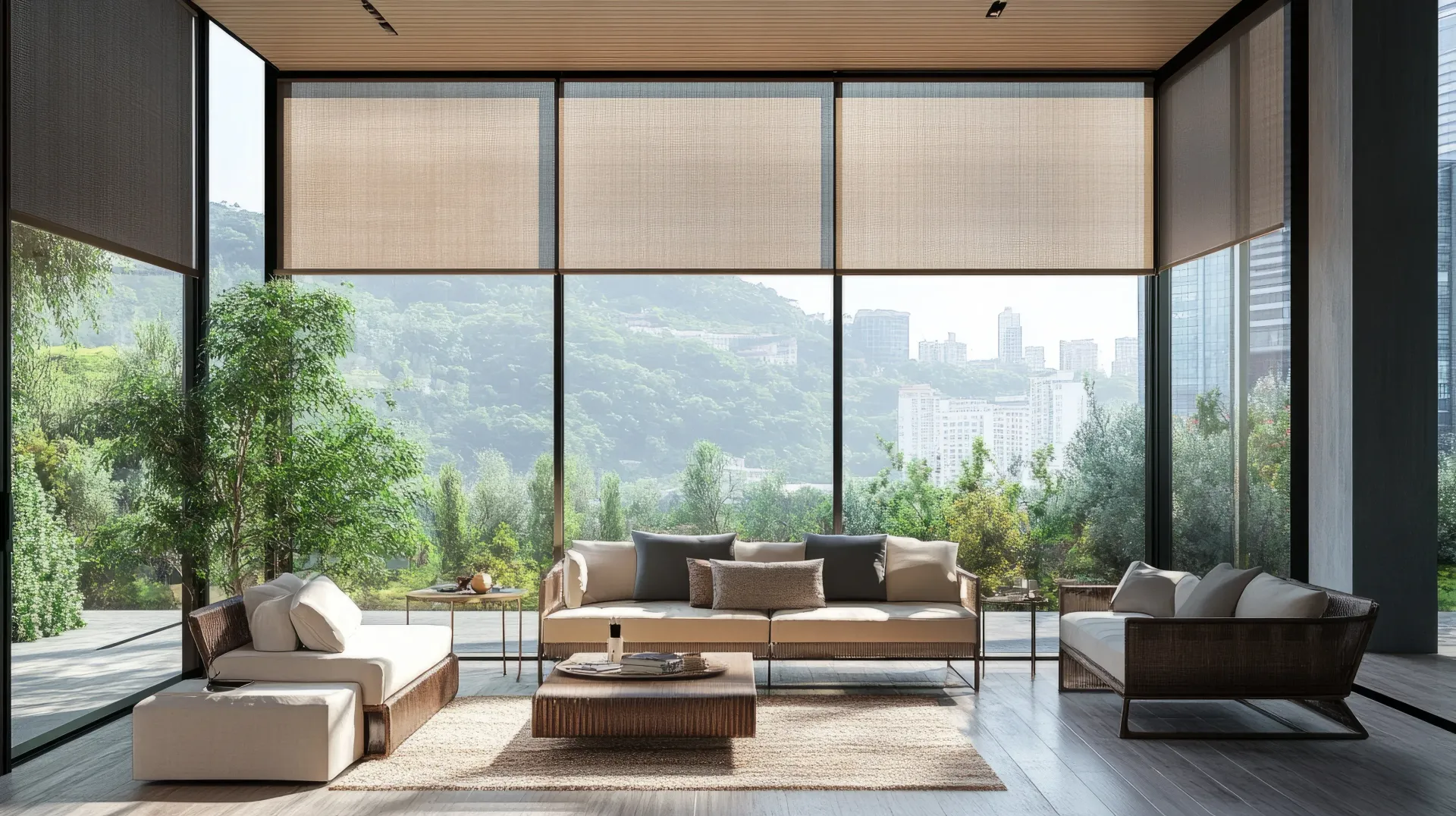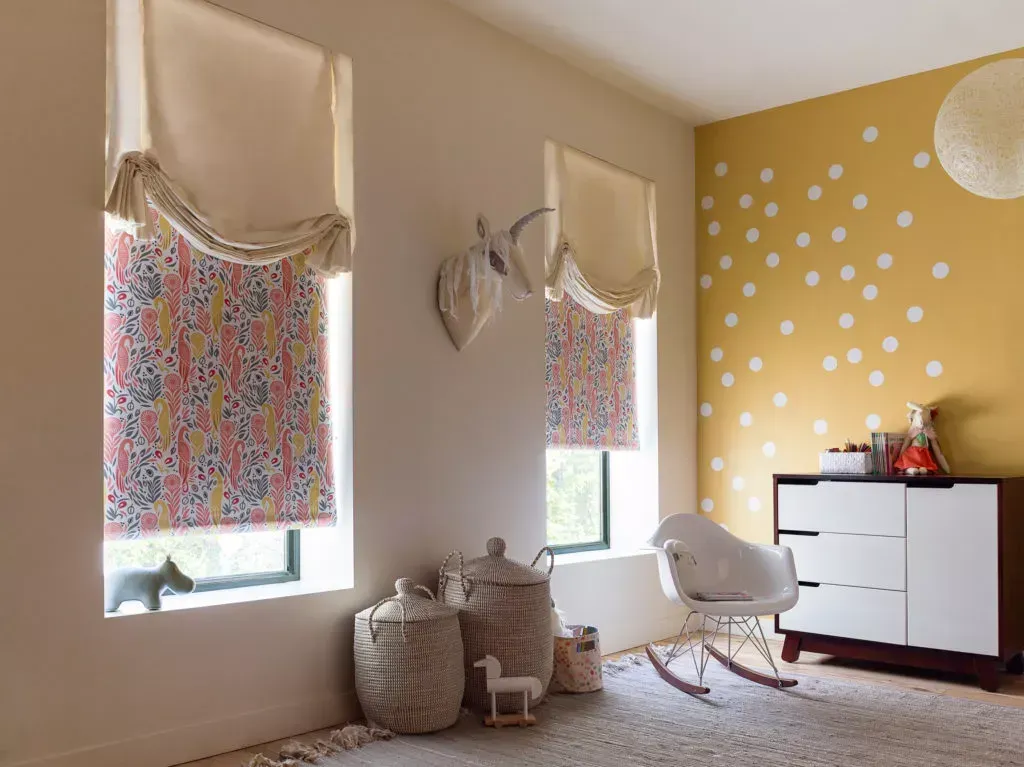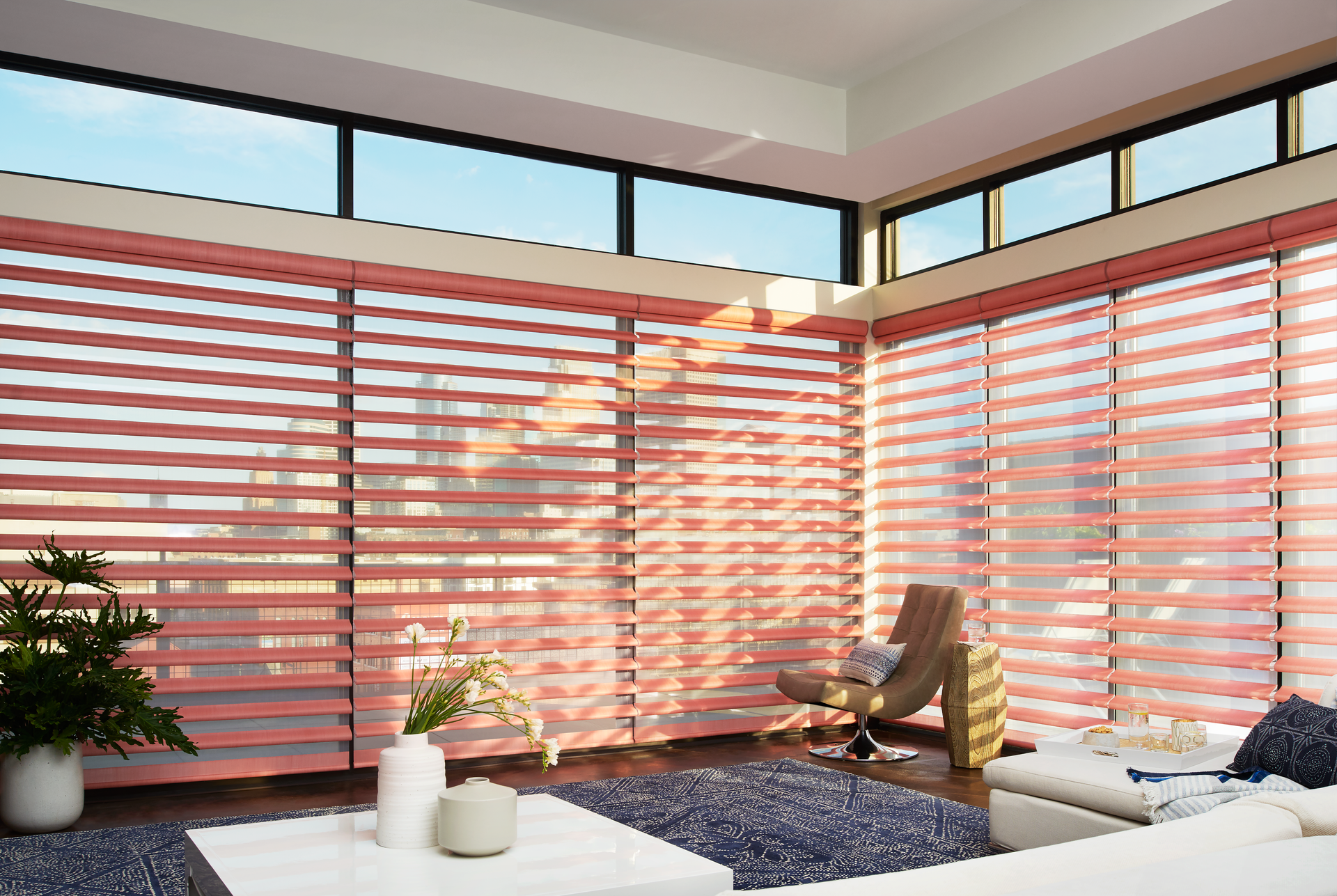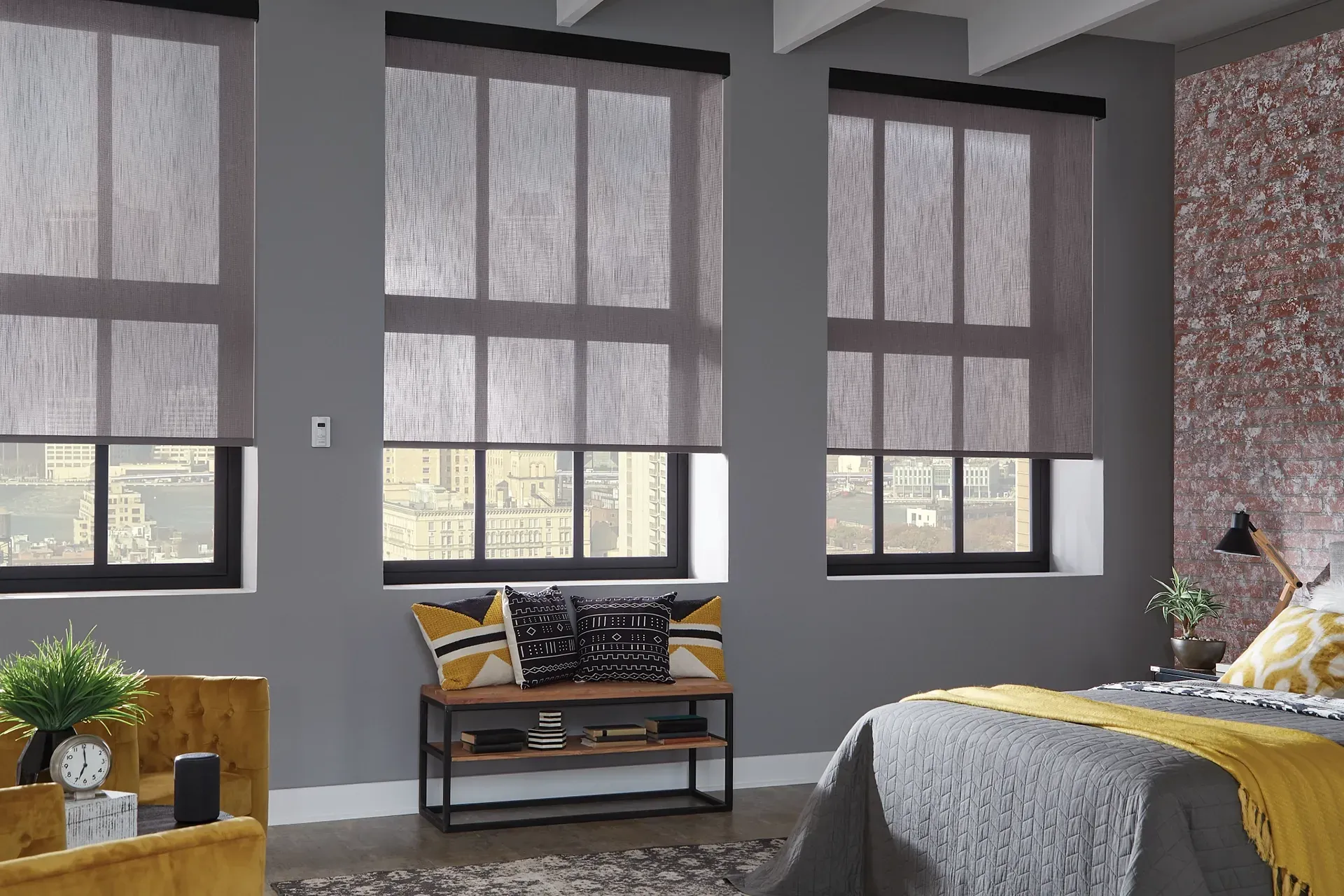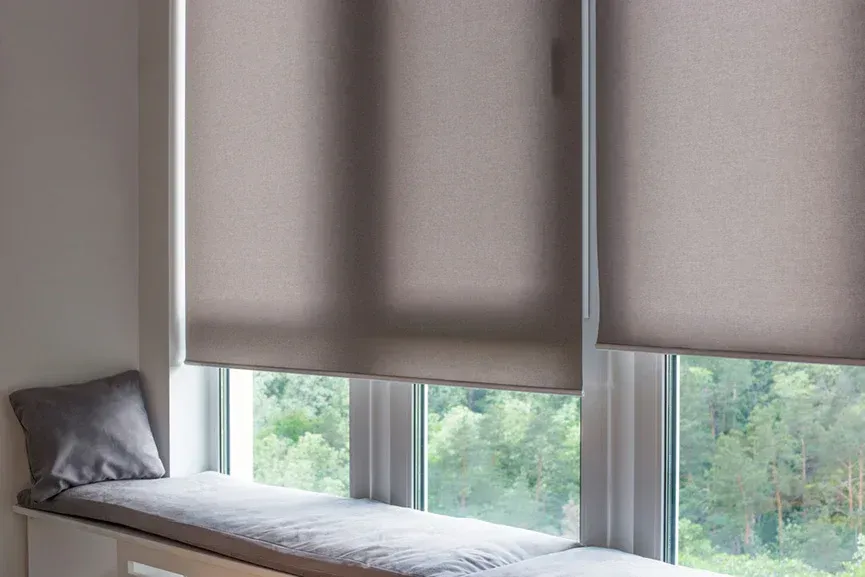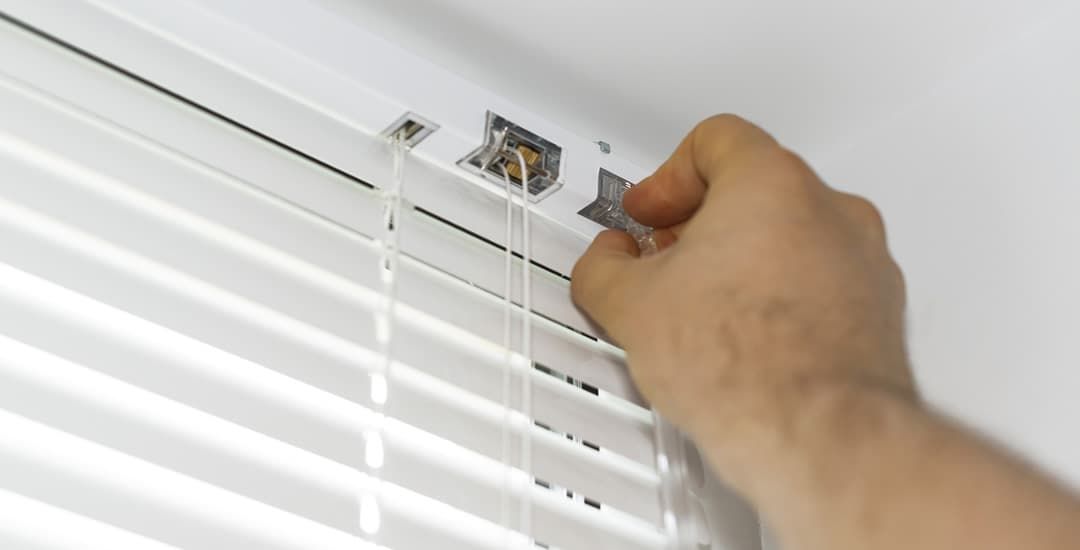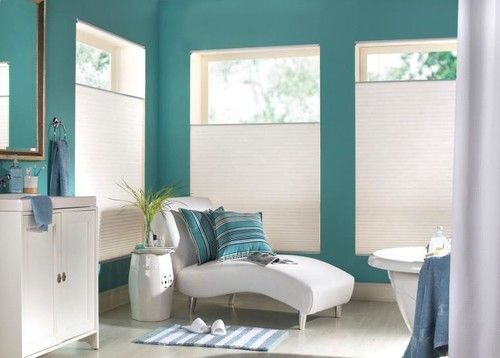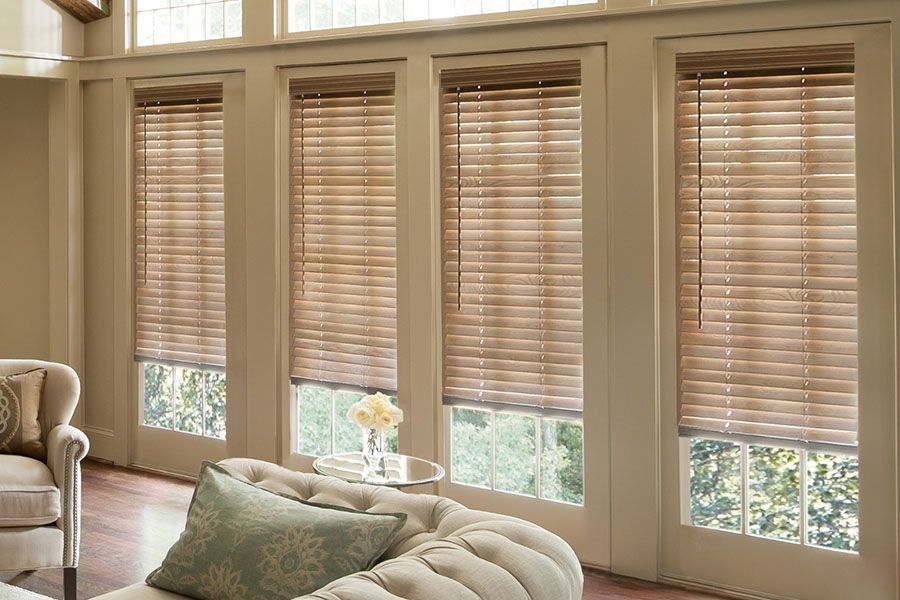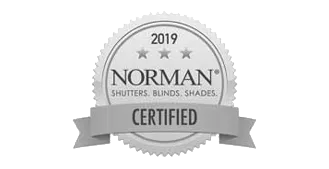LOVE IS BLINDS
What is the Best Way to Cover a Large Window?
TLDR;
The best way to cover a large window is to choose treatments designed for wide spans, such as floor-to-ceiling drapes, vertical blinds, panel track shades, or motorized options. These solutions balance privacy, light control, insulation, and style while fitting the scale of oversized glass. Your choice depends on budget, operation preference, and the look you want for your space.
Why Covering Large Windows Is Different
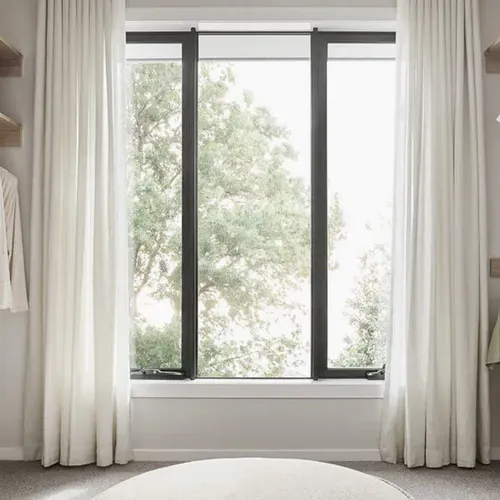
Large windows bring in more natural light and create a dramatic focal point. They also create challenges:
- Strong glare during peak sun hours
- Heat gain in summer and heat loss in winter
- Limited privacy, especially at night
- Hardware support for heavy fabrics or wide spans
- Daily use and ease of operation
Shop Love Is Blinds helps homeowners and businesses solve these issues with solutions tailored for oversized windows.
Key Factors Before Choosing a Large Window Covering
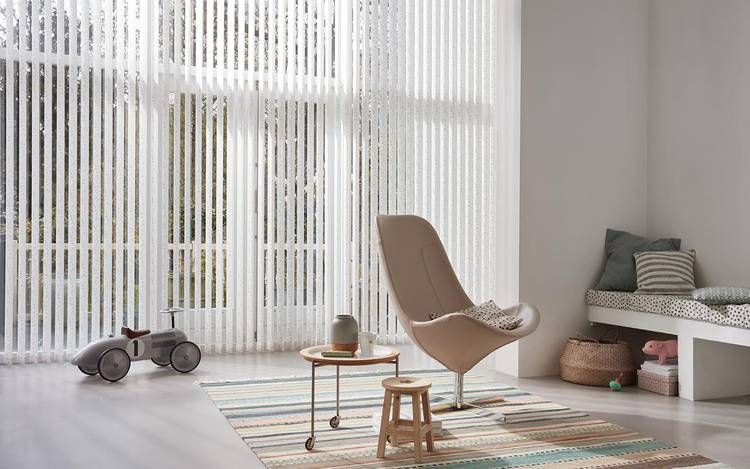
Light, Privacy, and Energy Control
Ask yourself: do you want full blackout, filtered light, or open views? Large windows increase exposure to heat and UV rays. Materials with thermal lining or solar fabrics reduce fading of furniture and lower energy use.
Operation and Ease of Use
Operating heavy drapes or wide blinds by hand can be difficult. Motorized systems solve this problem by letting you open or close shades with a button or voice command.
Proportion and Scale
Small-scale patterns or thin rods look out of place on oversized windows. Treatments need proper fullness and hardware strength to maintain balance.
Maintenance and Cleaning
Dust, fabric sagging, and damaged cords appear faster on large coverings. Pick durable materials that are easy to clean and maintain.
Best Window Covering Options for Large Windows
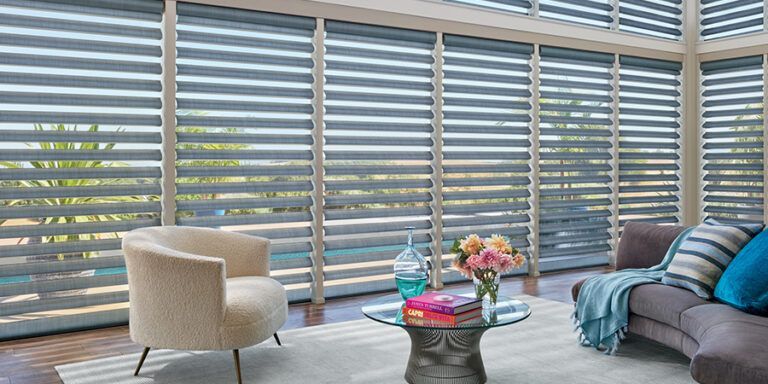
Curtains and Drapes
Drapes remain a classic choice for oversized windows.
- Floor-to-ceiling drapery makes windows look taller and provides full coverage.
- Layered sheer and blackout panels allow flexibility between light and privacy.
- Thermal and lined fabrics improve insulation.
- Strong rods and ceiling mounts support the weight of wider spans.
Vertical Blinds and Sliding Panels
Vertical treatments are practical for extra-wide windows and sliding glass doors.
- Vertical
blinds tilt open for controlled light.
- Panel track shades glide smoothly and suit modern spaces.
- Both options cover wide widths without sagging.
Roller and Solar Shades
Simple, sleek, and effective for light control.
- Roller shades roll up compactly, perfect for minimal styles.
- Solar shades reduce glare while preserving the view.
- Pairing multiple roller shades side by side works for extra-wide windows.
Cellular and Honeycomb Shades
Known for insulation and energy efficiency.
- Trap air in pockets to reduce heat loss and gain.
- Available in wide panels to cover larger openings.
- Can be paired with motorization for tall or hard-to-reach windows.
Roman and Natural Woven Shades
Roman shades add a tailored fold design, while woven wood shades bring natural texture.
- Best for living or dining rooms where design is central.
- Scale patterns and textures to fit the wide span.
Motorized and Smart Window Treatments
Large windows benefit most from automation.
- Remote or app control simplifies daily operation.
- Safe for households with children or pets.
- Integration with smart systems lets coverings adjust automatically based on sunlight.
Custom and Specialty Solutions
For unique window shapes or sizes, custom coverings are best.
- Gliding panel systems for wall-to-wall glass.
- Specialty cuts for arched or angled frames.
- Exterior shading options like awnings if indoor space requires extra heat protection.
Measuring and Mounting Best Practices
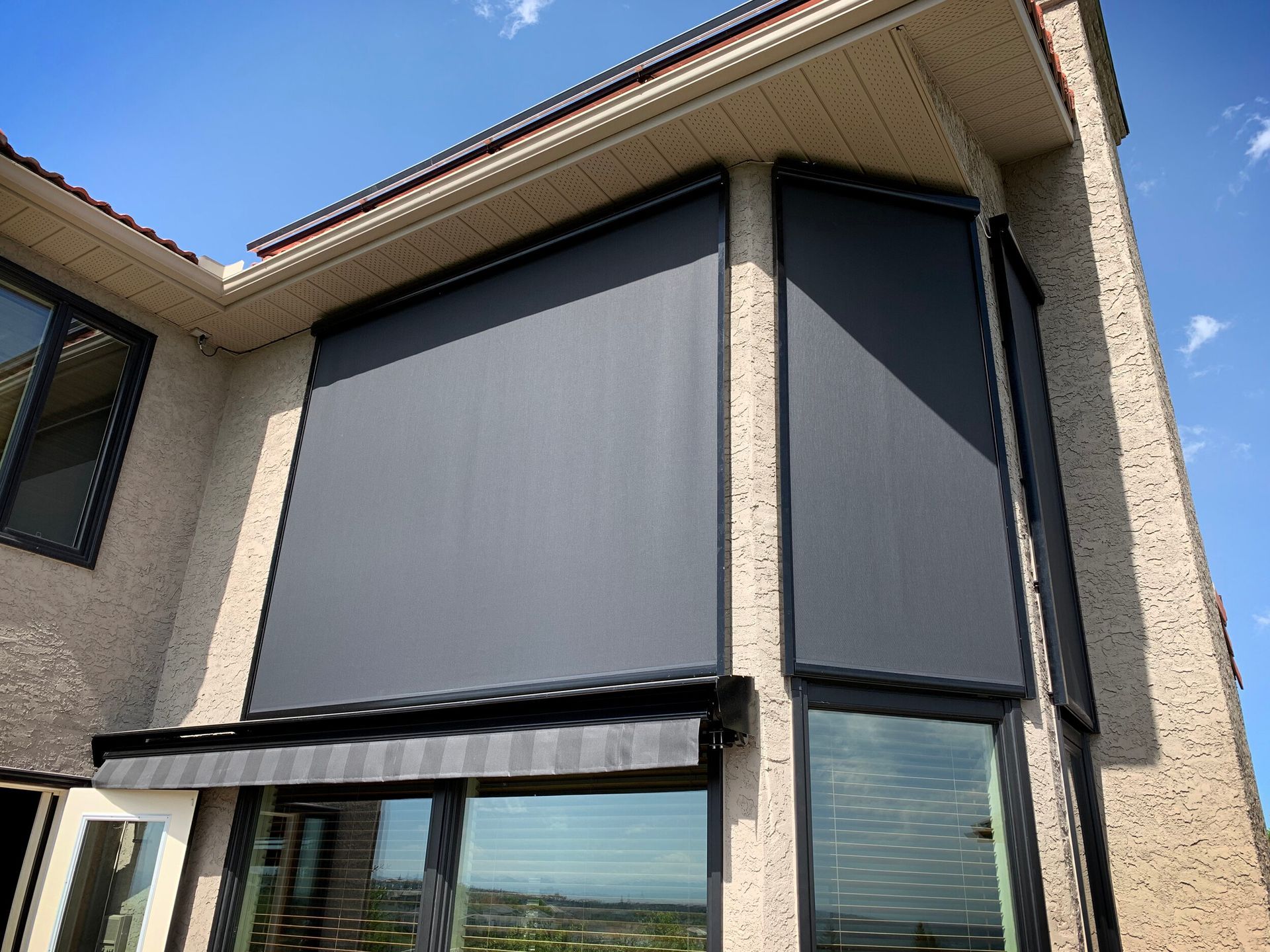
Improper measuring is one of the biggest mistakes with large coverings.
- Measure width and height carefully, adding extra for overlap.
- Mount rods or tracks high and wide for visual balance.
- Reinforce brackets for heavy fabrics.
- Choose ceiling mounts if walls cannot handle weight. If you’re considering this option, check out the Best Ceiling-Mounted Curtains to find styles that balance strength, function, and design.
Visual and Design Tips for Oversized Windows
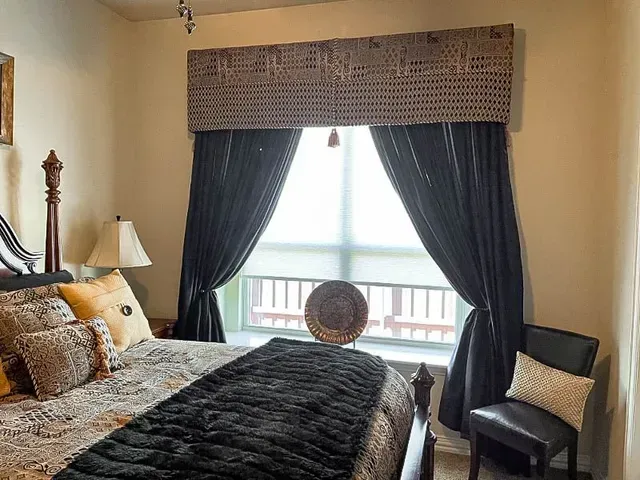
- Use bold textures and larger patterns that suit the scale.
- Layer treatments to balance softness with function. Example: sheers for daytime plus blackout drapes for night.
- Coordinate fabric colors with flooring or furniture for harmony.
- For modern interiors, panel track shades keep lines clean.
Light Control, Energy Efficiency, and Comfort
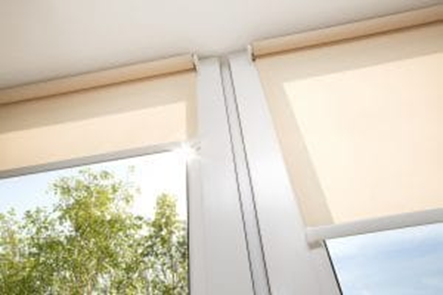
Large windows influence comfort and utility bills.
- Blackout drapes stop glare and improve sleep in bedrooms.
- Thermal curtains and honeycomb
shades lower heating and cooling costs.
- Solar shades reduce UV exposure without fully blocking the view.
- Layering sheer plus lined fabric offers flexibility throughout the day.
Maintenance and Longevity of Large Window Coverings
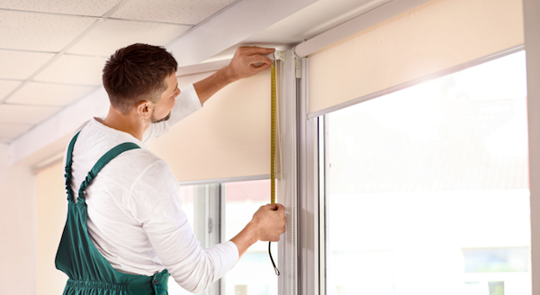
- Washable fabrics or materials with dust resistance reduce upkeep.
- Inspect rods, tracks, and brackets regularly for sagging or loosening.
- Choose coverings with replaceable parts like slats or panels.
- Avoid cheap hardware, as replacement costs outweigh savings.
Budget and Investment Considerations
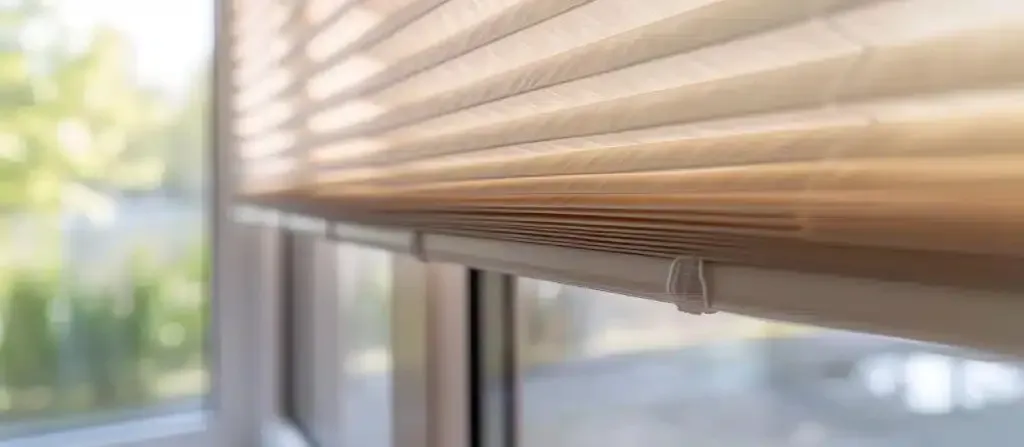
Ready-made vs Custom
Ready-made panels work for standard widths but rarely fit oversized windows perfectly. Custom solutions provide proper fit and finish.
Manual vs Motorized
Manual coverings cost less upfront but can be difficult to use daily. Motorized systems require more investment but pay off with convenience and longevity.
Stretching Your Budget
- Use multiple smaller panels side by side instead of one oversized piece.
- Repurpose fabric from remnant rolls for DIY projects.
- Combine standard coverings with one custom centerpiece.
When to Hire a Professional
Hire an installer if:
- Windows reach two stories high
- Fabrics are heavy and require reinforced hardware
- You need integration with smart home systems
Real Examples of Covering Large Windows
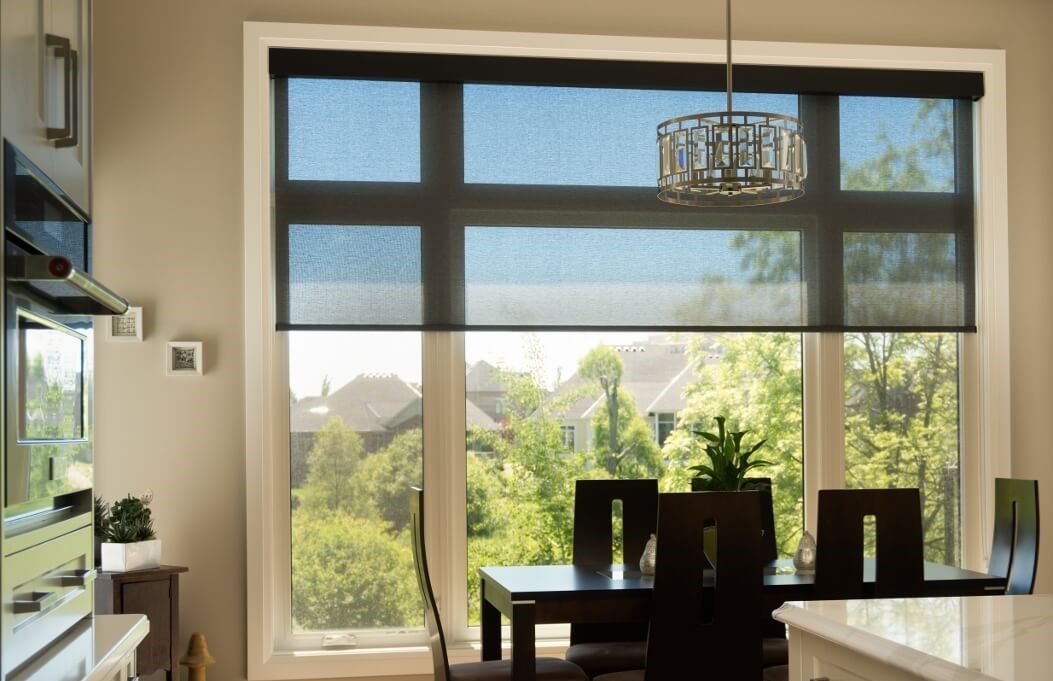
- Living rooms with floor-to-ceiling drapes create a formal atmosphere.
- Offices often use solar shades for glare control while maintaining outside views.
- Bedrooms benefit from layered sheers and blackout drapes for flexible light control. For homes with extra-high glass, you can explore
tall window treatment ideas that are designed to fit oversized vertical spaces while maintaining style and ease of use.
- Modern lofts or open spaces often feature sliding panel tracks for wide glass walls.
Frequently Asked Questions
What is the cheapest way to cover a large window?
Sheer curtains, roller shades, or vertical blinds are the most budget-friendly solutions.
Can normal curtain rods work for oversized windows?
No. Wide spans require reinforced or center-supported rods. Ceiling mounts are often better.
Do vertical blinds let in too much light at the edges?
They allow some light bleed at edges, but proper overlap reduces this problem.
How do you block sunlight but still keep the view?
Solar shades are designed for this purpose. They filter glare and UV while preserving outside visibility.
What fabric works best for large spans?
Heavy fabrics with lining prevent sagging and improve insulation. Lighter fabrics suit layered combinations.
Are motorized window treatments worth the cost?
For oversized or hard-to-reach windows, motorized options are worth it. They simplify daily use and extend the life of the covering.
Large Window Treatment Ideas for Your Space
Covering a large window requires more than picking fabric. It means balancing privacy, style, and function on a bigger scale. Curtains, vertical blinds, roller shades, cellular shades, and motorized options all work, depending on your goals. The best solution is the one that meets your room’s needs while fitting your budget and design style. Shop Love Is Blinds provides expert solutions for oversized windows to help you get it right the first time.
Need to setup a Repair Appointment?



